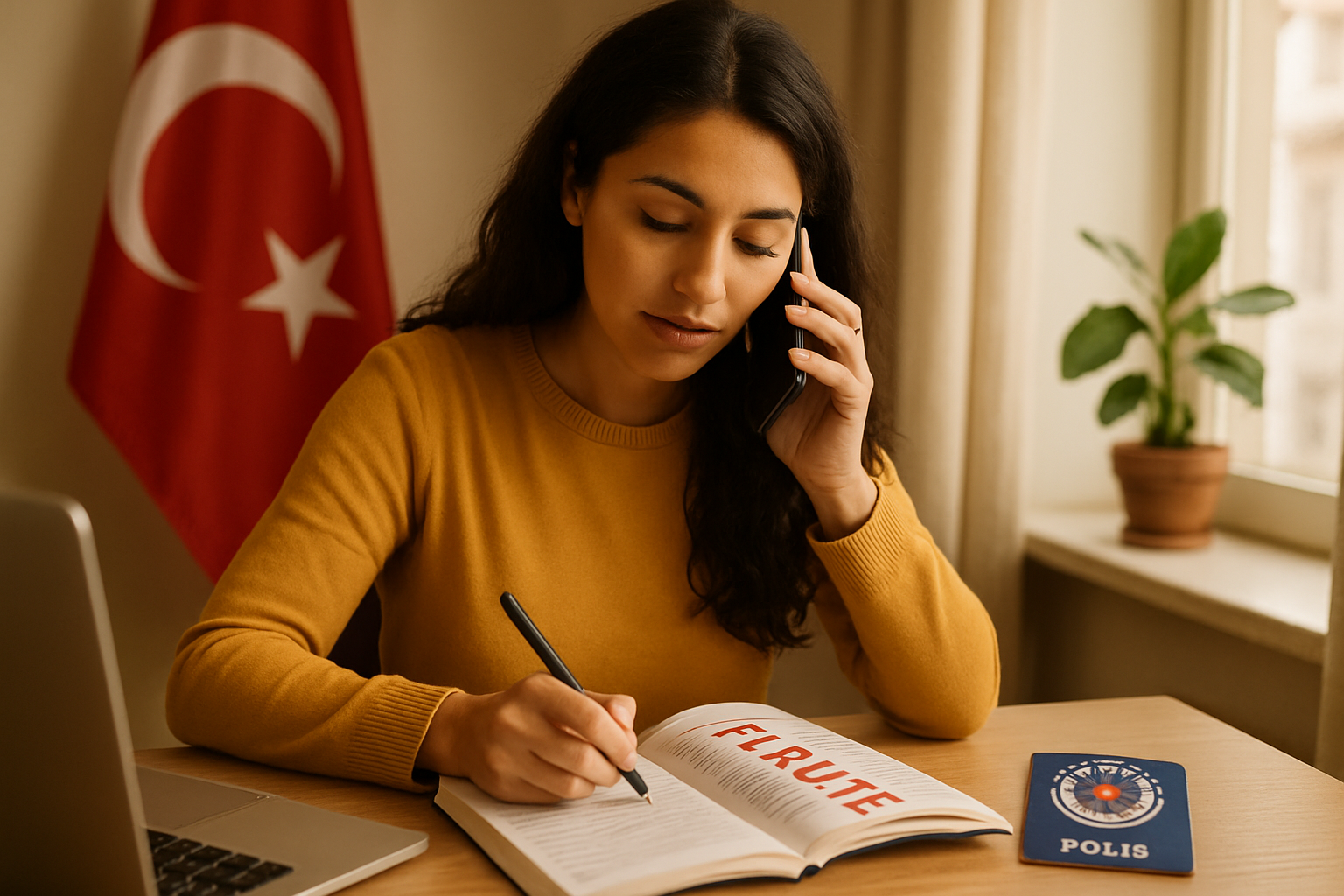Reporting Crimes: Dealing with the Police in Turkey

Moving to Turkey as an expat opens doors to rich experiences, new friendships, and vibrant cultures. However, navigating the local systems—especially the police and legal structures—can present challenges. Adjusting to a new country means preparing for the unexpected, including understanding how to respond if you witness or become a victim of a crime. Familiarity with the steps for reporting crimes and engaging with the police ensures you gain peace of mind and stay protected in your new home.
Understanding the Turkish Police System
Turkey’s law enforcement structure may appear unfamiliar at first glance. There are three main police forces you may encounter:
- Emniyet (Police): Handles law enforcement in urban areas and is the primary point of contact for most crimes.
- Jandarma: Operates in rural and non-urban regions, often dealing with security outside city limits.
- Zabita: Municipal police enforcing local regulations, market inspections, and minor disputes.
Knowing which force to approach can speed up the process and prevent confusion. For instance, if you lose your wallet in a city center, you should visit the nearest “Emniyet.” If the same happens in a village, the “Jandarma” handles the report.
How to Report a Crime in Turkey
Taking decisive action is key when reporting crimes. Turkish police stations (“karakol”) generally welcome foreigners and aim to ensure everyone’s safety. Below is a practical step-by-step guide:
- Visit the local police station in person for prompt attention. Bring identification, such as your passport or residence permit (ikamet).
- Clearly state the incident’s details: location, time, and what happened. Try to stay calm and specific.
- If language is a concern, some stations have English-speaking officers. Alternatively, bring a Turkish-speaking friend or use a translation app.
- Request a copy of your statement or a report receipt (“şikayet tutanağı”). This document proves you have officially reported the crime.
- For emergencies, dial 112 — Turkey’s unified emergency number — for police, ambulance, or fire rescue. An operator may connect you to English-speaking staff.
Example: Anna, a resident in Izmir, lost her bag at a café. She visited the closest “karakol,” showed her ikamet, and described the incident using an online translator. The police helped her file a report. She later used the report to claim on her travel insurance.
Common Expats’ Issues and Effective Solutions
Expats sometimes hesitate to approach law enforcement due to language barriers or misunderstandings about the Turkish legal process. However, local police are well-accustomed to assisting foreign residents.
- Language differences: Use translation apps or ask neighbors to assist with translation.
- Cultural norms: Remain polite and respectful. Formal greetings and calm conversation build rapport.
- Legal documents: Always ask for official paperwork following any police interaction.
A common scenario involves petty theft or scams targeting newly arrived expats. One effective preventative step: keep copies of your passport, ikamet, and contact details on your phone and in the cloud. This speeds up the reporting process if anything goes wrong.
Your Rights and What to Expect
Turkish law offers expats comparable protection to locals. When you report a crime, you have the right to:
- Receive fair and professional treatment
- Obtain a translated statement if needed
- Be informed of the investigation’s progress
- Involve your consulate or legal counsel, especially for serious incidents
After filing your report, the police may follow up for more details or ask you to identify suspects. If your case requires court proceedings, you can request interpretation and consular support. Staying informed of your case status is within your rights, so don’t hesitate to check in with the authorities.
Staying Prepared: Proactive Safety Strategies
Prevention remains the best defense. By staying aware and taking sensible precautions, you can reduce the risk of becoming a crime victim:
- Save emergency contacts in your phone, including the nearest police station, your country’s embassy, and a trusted friend or neighbor.
- Register with your embassy’s citizens service, so you receive timely updates and support.
- Adapt to local routines: avoid isolated areas late at night, and pay attention to belongings in crowded places.
- Familiarize yourself with local laws and customs, as behaviors tolerated elsewhere might be viewed differently in Turkey.
If an incident occurs, acting quickly and correctly ensures you get the support you need. Most expats find Turkish police approachable and responsive, particularly in major cities where officers often receive training on assisting foreigners. The confidence to report crimes—and the knowledge of what to expect—empowers you to make the most of your Turkish adventure without fear.
